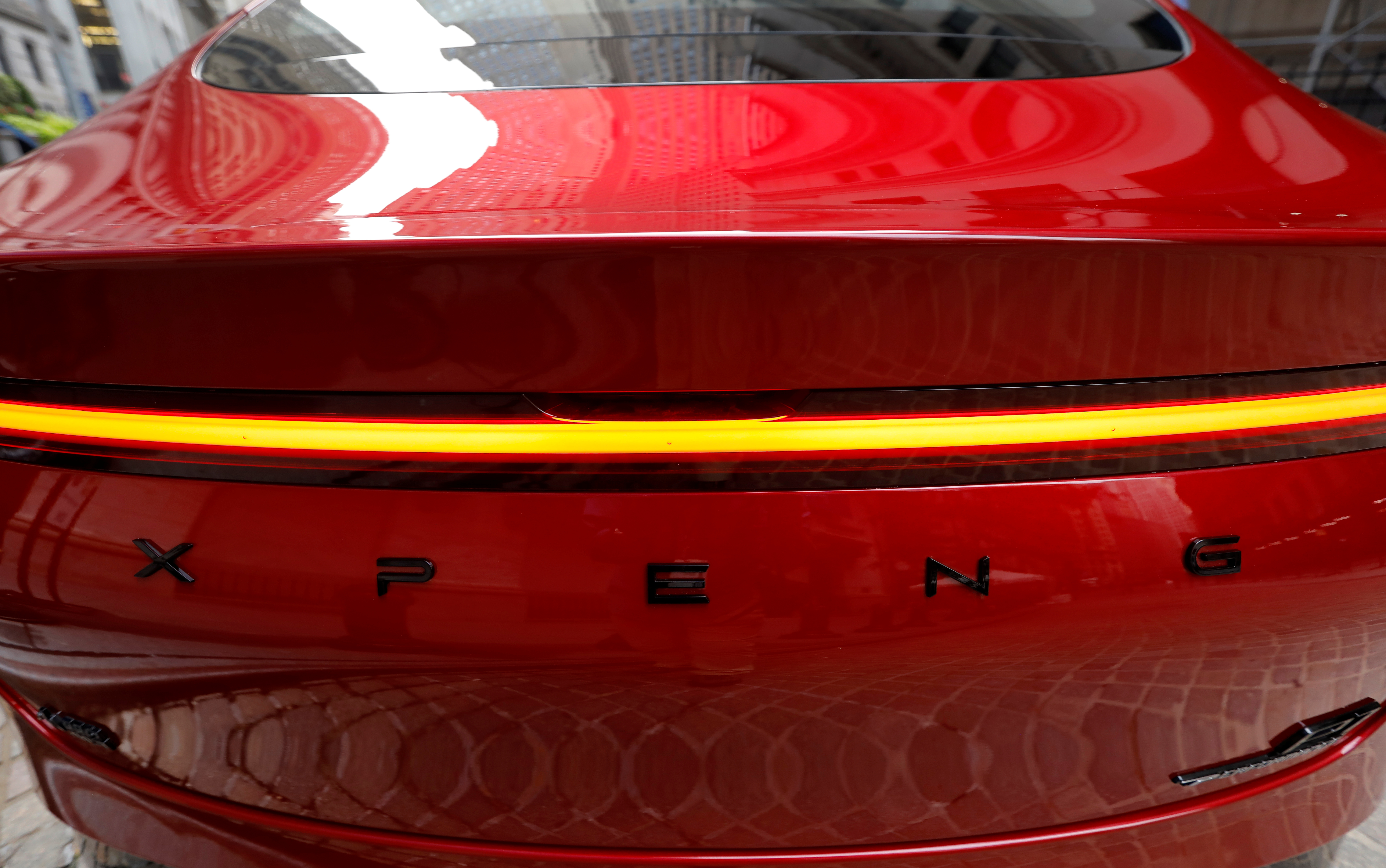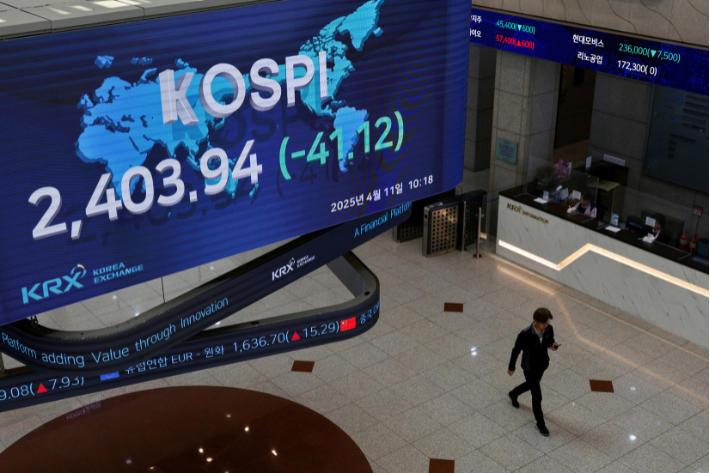(ATF) Twenty-five electric vehicle (EV) markers, including big names such as BYD Auto, Geely, BAIC, GAC, Dongfeng and Changan have been summoned by China’s Ministry of Industry and Information Technology (MIIT) for a “talk” about product compliance issues, and some of their products have been terminated or suspended from production.
MIIT’s talk with the EV makers followed an inspection in the past two months that found 27 EV models, including nine passenger cars, 12 minibuses and six trucks, to be non-compliant with national standards. Non-compliance indicates potential safety issues, the ministry said.
Issues found with the passenger cars are related to battery capacity and protection features, the size of the luggage compartment, the specifications of tyres as well as labels and marks, according an inspection report published by the MIIT last month.
Read Related News on ATF
- Tesla to roll out China-made Model 3 cars with cobalt-free batteries
- China ignites electric car production, sales
- China vehicle sales power ahead with 25 million units tipped for 2020
The report shows that the capacity of the luggage compartment of Geely’s battery electric vehicle (BEV) model, HQ7002BEV15, was not up to standard.
Marks on the backup tyre of BYD Auto’s plug-in hybrid electric sedan, model BYD7150WT5HEV4, were found to be non-compliant.
The over-charge and over-discharge protection specifications of a BEV model of Dongfeng do not meet standards and a BEV model of BAIC was also found with issues with its battery management system.
Correct problems
The auto-makers are required to correct the problems with given deadlines. MIIT also ordered the products with serious issues to be terminated or suspended from production, and the application of some companies’ new EV products to be suspended though it did not name the manufacturers.
The MIIT said it will collaborate with other departments and come up with innovative approaches to continuously supervise the quality of EV products.
China aims for new energy vehicles (NEVs) to account for 20% of all new auto sales by 2025 and by 2035 all new vehicles sold will be “eco-friendly” – with energy-saving vehicles and NEVs accounting for half each.
New entrants in the auto space such as Li Auto, Nio, and Xpeng focus on the premium luxury segment similar to Tesla, and have raised significant venture funding and listed on US exchanges.
NEV race
Traditional car makers, Dongfeng, Changan and SAIC, have also joined the race to introduce premium EV sub-brands. The recent Changan-Huawei and SAIC-Alibaba tie-ups seek synergies between traditional car making with intelligent connectivity.
Property developers are also tapping the EV sector for cross-industry business expansion.
Beijing has shown concern with the overheated investments in the EV sector recently. As MIIT conducted its inspection, China’s state planner also initiated probes into NEV projects across the country last month.
The probes asked specifically for the details of all automotive projects invested by Evergrande Group and Shenzhen Baoneng since 2017, and was aimed at “curbing the chaotic emergence of NEV manufacturing projects,” according to an NDRD document.
The two property developers have both snatched up millions of square metres of land at ultra-low costs while promising local officials to build NEV manufacturing facilities in their regions, according to local media. But both have made slow progress to launch NEV products.























